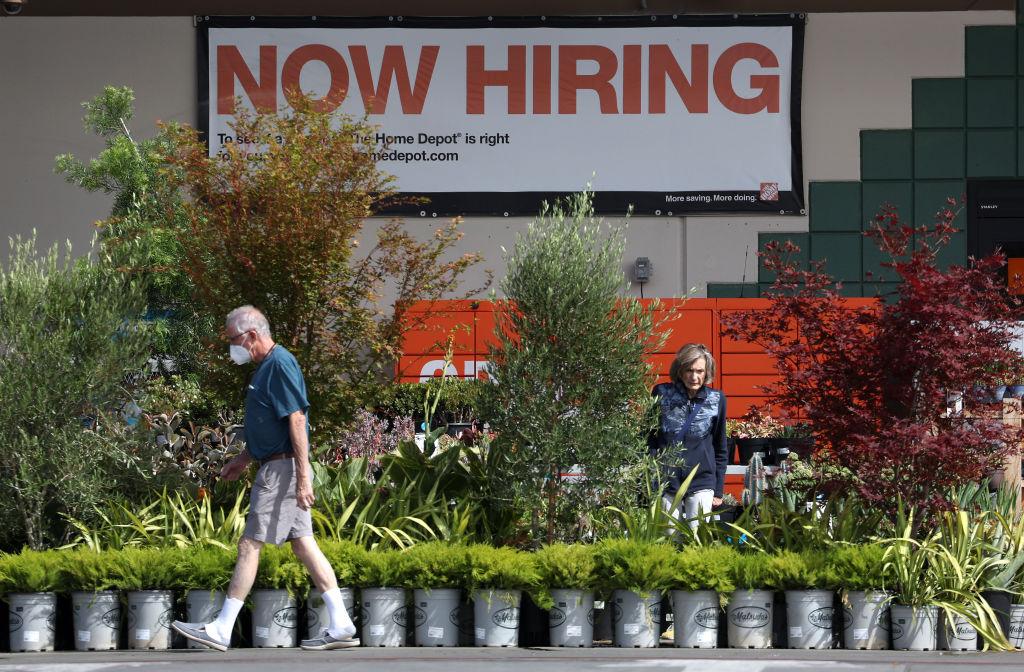Older U.S. employees are troubled about the security of their jobs, worried about getting laid off over the next year, and concerned they might not be able to find a similar job within a meaningful period of time, even as many are turning to gig work for extra income.
Many older workers were found to be worried about job security, with 44 percent admitting to having experienced workforce disruption in the past five years, an AARP survey released this month shows. In addition, 30 percent believe they are very likely to lose their job within a year. The top reason cited for anticipating a job loss is a weak economy.





